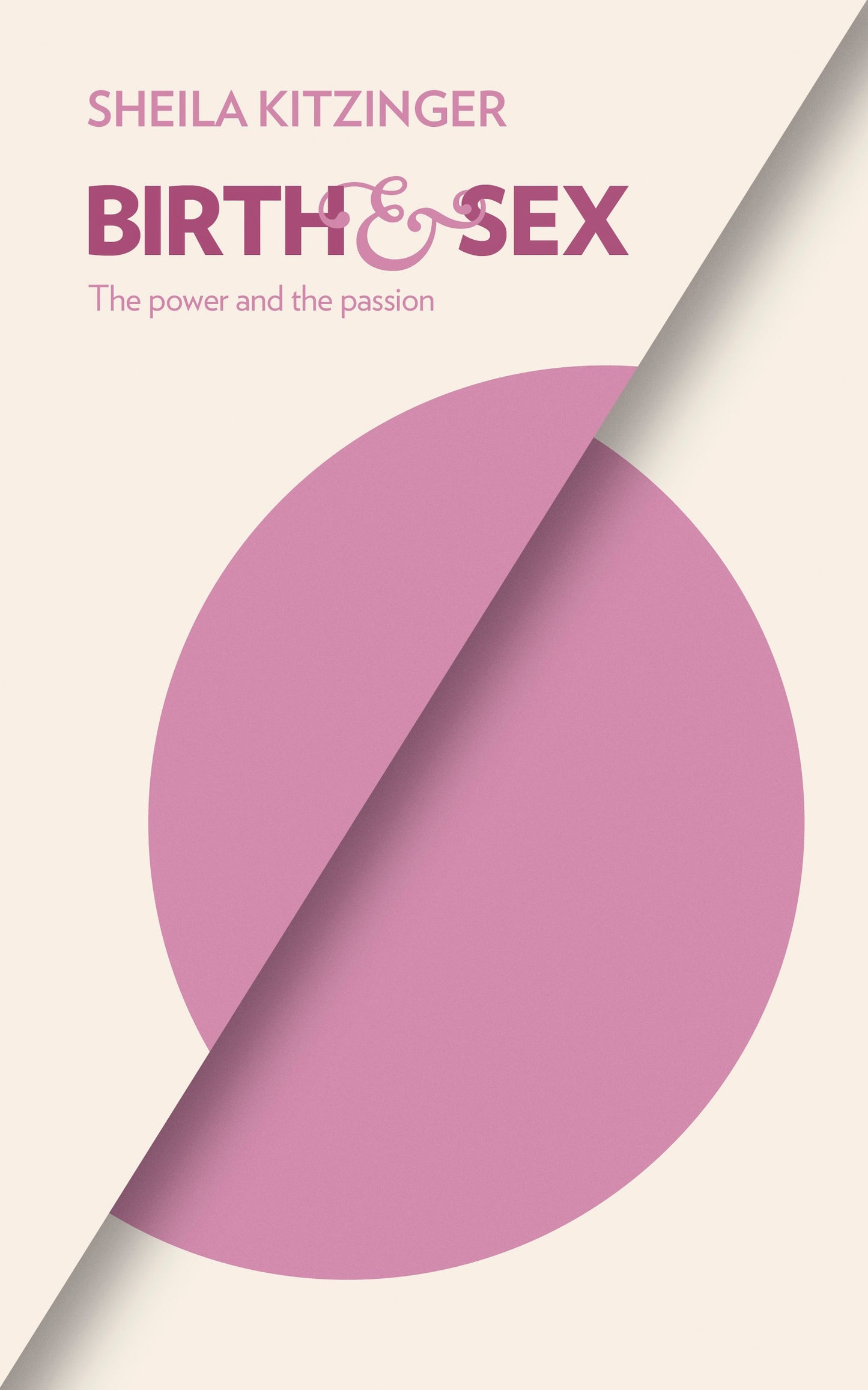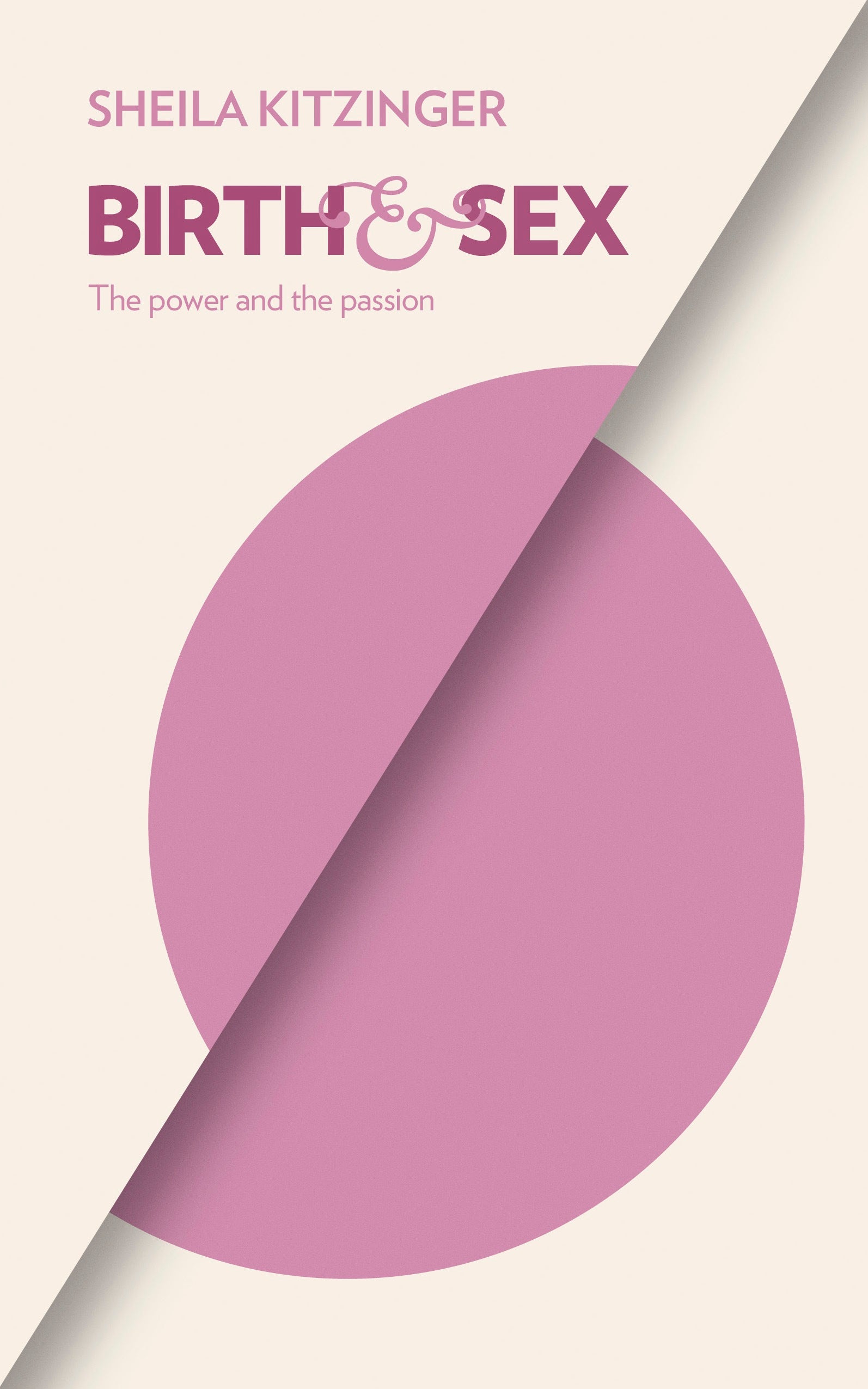Pinter & Martin
Birth & Sex: The Power and the Passion
Birth & Sex: The Power and the Passion
OFFER: 4 for 3 on all our books. We ship to the UK only. For other bookshops that stock our books see here.
Couldn't load pickup availability
Birth and sex are often talked about as if they were contrasting experiences. In fact, they each involve the same rush of hormones in an action drama in which mind and body work in harmony. When a woman is free to follow her instincts and give birth naturally, waves of endorphins surge in the bloodstream with the same energy as in ecstatic lovemaking. Birth and sex mingle to become one in the thrilling, sweet, intense and overwhelming experience of creation. Yet in the Western high-tech birth culture the environment often inhibits the spontaneity of birth, resulting in pain and distress. Pregnancy and birth are de-sexed and treated as medical conditions. Women are turned into objects on which doctors act.
In this compelling and controversial book Sheila Kitzinger explores the complexity and depth of female sexuality during pregnancy, birth, and after the baby comes. She shows what can be done to create an environment in which a woman is able to trust her instincts and be confident in her body. By rediscovering the power and passion in our bodies, we can reclaim the spontaneity and sexual ecstasy of childbirth.
Share
ISBN: 9781780660509
Number of pages: 192
Published:
View full details

